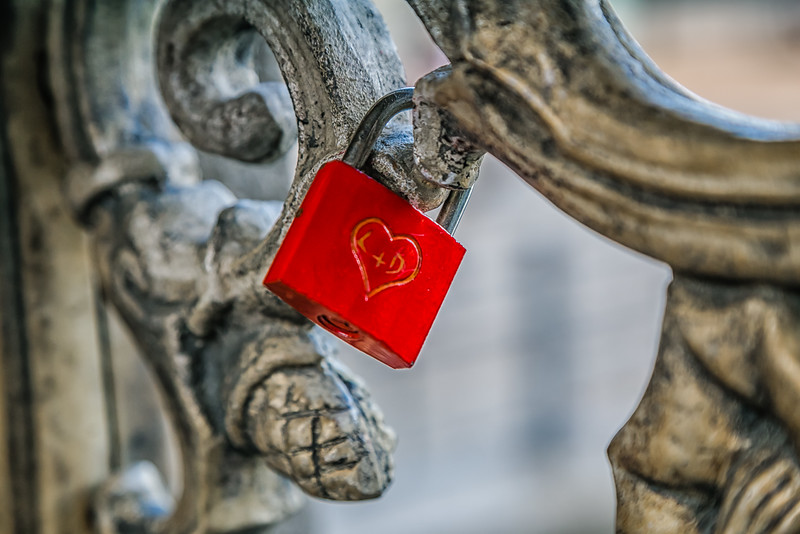When it comes to travel, we hate alarmism because we know that traveling the world doesn’t have to be dangerous with a little common sense. Sharing our travel safety tips with you will go a long way in ensuring you enjoy your next trip.
Typically, those places deemed “dangerous” are likely to be the safest for travelers. Sometimes, in more touristy areas, you really need to master travel safety tips to avoid petty criminals or worse.
Our safety tips, gleaned from years of experience, will help you hit the road with more peace of mind. Our tips can be as simple as storing your valuables in a hotel safe or keeping up with political events in a country.
Make sure you have adequate insurance, check government warnings, but always remember to keep an open mind and don’t let fear stop you from taking risks!
1. Keep abreast of local news
You never know what to expect when you are abroad, and in today’s ever-changing and fast-paced world, anything can happen quickly, whether you are in Paris or deep in the deserts of Central Asia.
It’s good practice to stay informed while traveling, and one of our top travel safety tips is to keep up to date with local news.
Maybe reconsider visiting if it looks like there might be protests in the next city, or maybe stay away for now if there’s an unusually high number of incidents involving tourists.
We have made it a habit to read the news of the destinations we visit a few days before departure, and then read the news every morning at breakfast at the destination.
We also keep up to date with the latest news from our home country to ensure there are no major events that could affect our travels.
This is best done by downloading the app to your phone or tablet for easy access.
2. Watch the weather
In addition to keeping up with local news, one of our best travel tips is to stay informed about the weather.
This is more important in some countries than others, and if the Philippines is in typhoon season, you may want to consider visiting at a different time of year.
But bad weather can affect your travel plans anywhere, with floods potentially disrupting traffic in England, or a spring avalanche in the Pyrenees potentially dangerous.
If it’s especially hot, you’ll want to stay hydrated, and if it’s cold, you’ll want to make sure you have enough cold-weather gear with you.
Regarding the weather, it is absolutely necessary to research the best time to visit the places you want to visit.
This will give you valuable insight into what to expect and how to prepare for the time period you plan to be there.
3. Check government websites
Another great safety tip for our travels is to check government websites before traveling.
Many governments and embassies maintain up-to-date profiles of countries around the world and provide detailed summaries of useful information, such as entry requirements, and the political climate.
Websites such as the UK’s Foreign and Commonwealth Office also break down which parts of a country are safe to travel to. While Istanbul may be perfectly safe, traveling to the border between Turkey and Syria is not so advisable.
Of course, keep in mind that these government websites always go further than they really are, and in some cases, government travel advisories may be politically motivated rather than warning of any possible physical danger.
They’re a great place to start when you’re planning a trip, and you’re looking for more detailed travel safety tips.
I can’t stress enough just use it as some sort of reminder of your travels. We’ve been to many places on the warning list and had a great time. The key is to be informed, not paranoid or afraid.
4. Purchase travel insurance
One of the best travel tips we can give is to purchase adequate travel insurance. It’s an unnecessary expense often overlooked by budget travelers, but when it comes to staying safe on the road, there’s nothing like a good insurance policy.
If you get injured or injured, with a good insurance company behind you, you’ll be able to get immediate access to the best medical care in the country. You can also make a quick departure if the political situation at your destination turns sour.
There are many reasons to buy a solid insurance policy, but be sure to read the small print and double-check what you’re actually covered for.
Certain physical activities may not be covered by the basic policy, such as scuba diving to certain depths or hiking at high altitudes, so always make sure you buy a policy that covers everything you might need.
5. Leave a copy of your travel plans with your family
We literally never leave home without emailing a copy of our flight, hotel and travel plans to several of our family members. At the very least, your emergency contacts should have a copy of this information before you leave your home.
